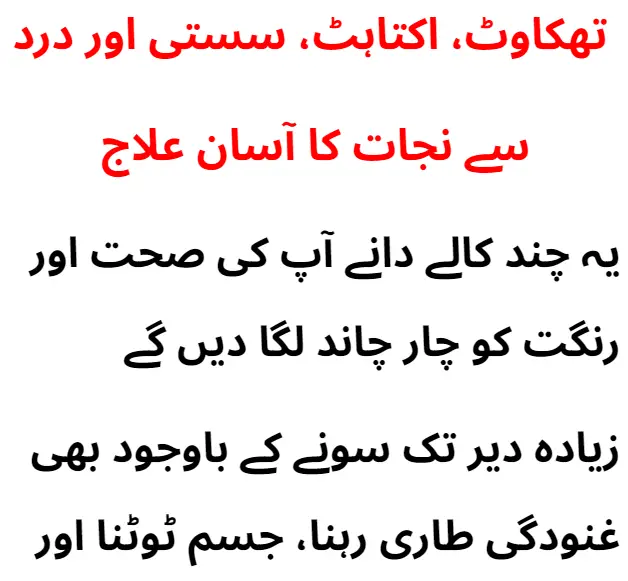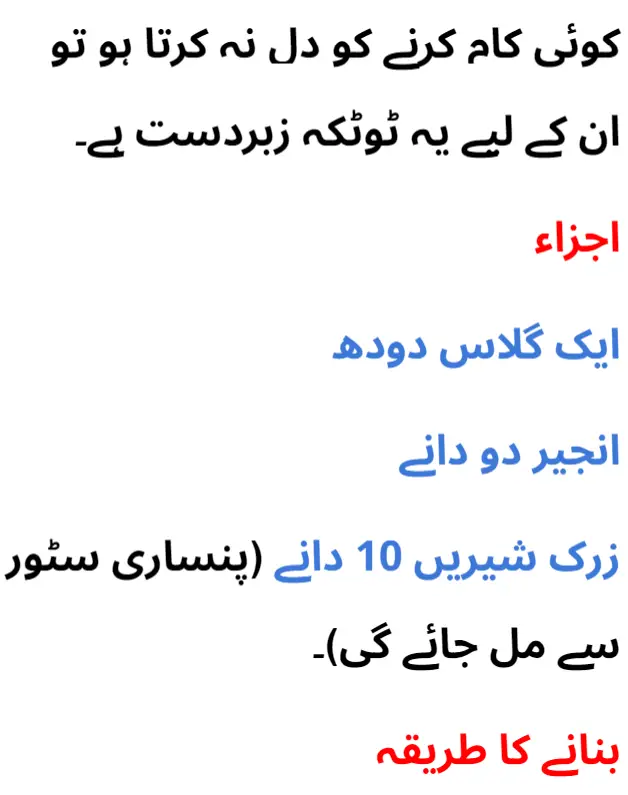Fatigue is a common complaint that can significantly impact daily functioning and quality of life. While adequate rest, proper nutrition, and stress management are essential for combating fatigue, certain vitamins and supplements can also play a role in boosting energy levels and promoting overall well-being. Let’s explore the potential benefits of vitamins and supplements for treating fatigue and enhancing vitality.
Understanding Fatigue
Fatigue is characterized by persistent feelings of tiredness, weakness, and lack of energy that can interfere with daily activities and productivity. It can be caused by various factors, including inadequate sleep, poor nutrition, stress, medical conditions, and lifestyle habits. Addressing the underlying causes of fatigue is crucial for effective treatment and management.
Vitamins and Supplements for Boosting Energy
- Vitamin B12: Vitamin B12 plays a key role in energy metabolism and the production of red blood cells, which carry oxygen to tissues throughout the body. A deficiency in vitamin B12 can lead to fatigue and weakness. Supplementing with vitamin B12, either in oral form or through injections, may help improve energy levels, especially in individuals with low levels or malabsorption issues.
- Iron: Iron is essential for the production of hemoglobin, a protein in red blood cells that transports oxygen from the lungs to the rest of the body. Iron deficiency anemia is a common cause of fatigue, particularly in women of childbearing age and individuals with chronic blood loss or poor dietary intake. Iron supplements can help correct anemia and alleviate fatigue associated with iron deficiency.
- Vitamin D: Vitamin D deficiency has been linked to fatigue, muscle weakness, and low mood. Adequate sunlight exposure and dietary sources of vitamin D, such as fatty fish, fortified foods, and supplements, can help maintain optimal vitamin D levels and support overall energy levels and well-being.

Advertisement





- Magnesium: Magnesium is involved in over 300 biochemical reactions in the body, including energy production, muscle function, and stress management. Low magnesium levels have been associated with fatigue, muscle cramps, and irritability. Supplementing with magnesium may help reduce fatigue and promote relaxation and restful sleep.
- Coenzyme Q10 (CoQ10): CoQ10 is a naturally occurring antioxidant that plays a critical role in energy production within cells. It helps convert food into energy and supports mitochondrial function, the powerhouse of cells. Supplementing with CoQ10 may help increase cellular energy production and alleviate fatigue, especially in individuals with conditions associated with mitochondrial dysfunction.
- Rhodiola Rosea: Rhodiola rosea is an adaptogenic herb that has been used for centuries in traditional medicine to combat fatigue, improve stamina, and enhance mental performance. It works by modulating the body’s stress response and increasing resilience to physical and mental stressors. Rhodiola supplements may help increase energy levels and reduce feelings of fatigue and exhaustion.
Tips for Safe and Effective Use
- Consult with a Healthcare Professional: Before starting any new vitamin or supplement regimen, consult with a healthcare professional to determine the underlying cause of your fatigue and identify any potential nutrient deficiencies or contraindications.
- Choose High-Quality Supplements: Select reputable brands that undergo third-party testing for purity, potency, and safety. Follow the recommended dosage instructions provided on the product label or as directed by your healthcare provider.
- Monitor for Side Effects: Pay attention to how your body responds to supplementation and monitor for any adverse reactions or interactions with medications. Discontinue use and seek medical attention if you experience any unexpected symptoms.
- Focus on Overall Wellness: While vitamins and supplements can play a role in boosting energy levels, they should be viewed as part of a comprehensive approach to wellness that includes adequate sleep, balanced nutrition, regular exercise, stress management, and healthy lifestyle habits.
Conclusion
Vitamins and supplements can be valuable tools for treating fatigue and enhancing energy levels when used as part of a holistic approach to wellness. By addressing underlying nutrient deficiencies, supporting energy metabolism, and promoting overall health and vitality, certain vitamins and supplements can help alleviate fatigue and improve quality of life.
.



